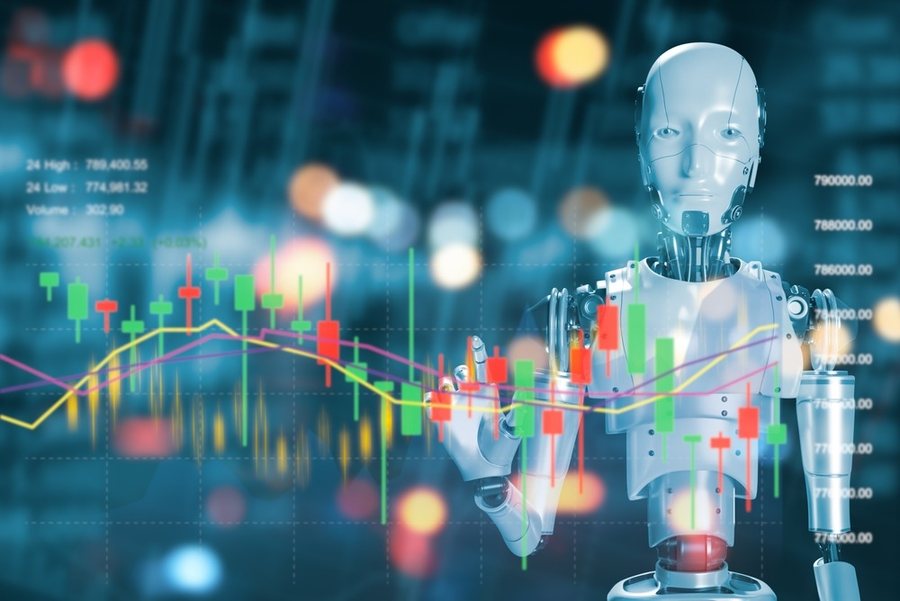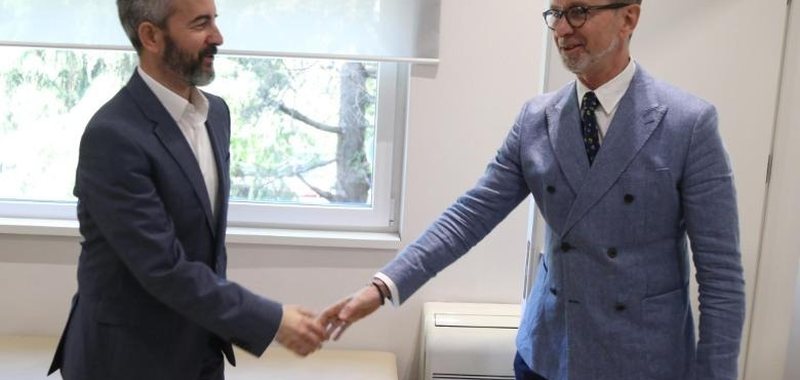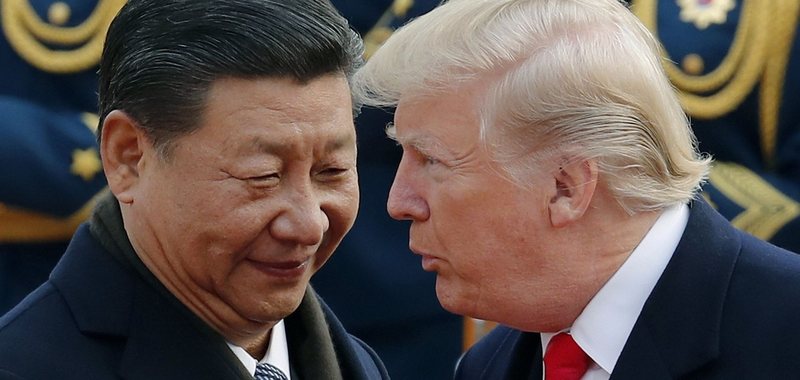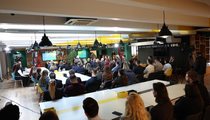Quantum Computing and AI are the future - If they come together they will revolutionize the way the world works

Quantum computing and artificial intelligence (AI) are two of the most transformative technologies of our time. Separately, each offers fundamental advances in processing power and decision-making capabilities. Together, they could revolutionize various industries and scientific research.
"Quantum computers... are likely to lead to all sorts of understanding and development across a wider range. So whether we're talking about drug molecules or new materials, as well as new ways of analysing and searching across large data sets," said Professor David Lucas, of the Department of Physics at the University of Oxford.
Lucas' team has recently taken a significant step forward in this direction, successfully interconnecting two separate quantum processors to create a single quantum computer; offering a potential solution for scaling the nascent technology.
"That's why people are so interested in quantum computing. At the fundamental theoretical level, it's a completely different way of manipulating information and it is, from what we know about the laws of physics, the most powerful kind of information processing we can do," Lucas explains.
Quantum computers use “quantum bits,” or “qubits,” which can simultaneously represent the numbers 0 and 1, due to a phenomenon known as superposition. Another feature that quantum computers can exploit is entanglement, which occurs when two “qubits” are connected in such a way that the state of one is tightly linked to the state of the other, regardless of distance. In fact, these characteristics allow quantum computers to solve complex problems much faster than traditional computers.
The Oxford team's achievement takes this science a step further, demonstrating the first example of distributed quantum computing. By interconnecting small quantum devices, they have enabled computations to be distributed across the network, theoretically with no limit to the number of processors that can be installed, potentially solving the 'scaling' problem, according to the study's leader, Dougal Main.
"What we showed is that we can split one of these large quantum computers into several smaller modules and interconnect them using these fiber optic links. The advantage of this is that we can then retain the reduced complexity of the smaller quantum processor. In this way, these processors will act together to form a single, fully interconnected quantum computer," Main said.
Natalia Ares, Associate Professor in the Department of Engineering at the University of Oxford, added that quantum technologies could be a game changer for Artificial Intelligence, on how we will build future quantum computers and integrate Artificial Intelligence into them.
"What we do is ask computers to say, 'look, this is my device, make it work, find the right parameters.' And what we've seen so far is fantastic. We start with a chip and machine learning algorithms can go to a point of operation in optimal conditions," Ares explains.
She added that Artificial Intelligence is not only helping them build quantum technology, but in turn improving Artificial Intelligence itself.
"We believe that these quantum technologies will provide Artificial Intelligence with some of the tools it needs to develop. We believe this would completely change the game for AI, in ways that we cannot yet predict," Ares added.
Despite these promising developments, quantum artificial intelligence still faces major challenges. Quantum computers are delicate, require highly controlled environments, and are not yet ready to run large-scale artificial intelligence models.
Improvements in error correction and the stability of "qubits" are making quantum computing more reliable, but most experts believe we are still years away from fully realized quantum intelligence.
"We must be clear that we are still a long way from what we call a 'universal machine', a universally programmable machine that is so well controlled that it can correct all its own errors and therefore can perform long calculations without any difficulty. But we are still a long way off," said Professor Lucas.
Startups and big tech firms are conducting scientific research on quantum computing, which could solve complex problems that would take conventional computers thousands or millions of years, such as predicting how atoms and molecules will interact. Scientists hope to use quantum computers to develop new materials for batteries and medicines.
In recent months, Google, Microsoft and Amazon have all developed new chips suited to quantum computers. Nvidia, the world's largest chip firm, recently said it will establish a quantum computing research center in Boston.

Court annuls Malta's "golden passports" - "Citizenship cannot be acquired through a simple commercial transaction"
The European Court of Justice has ruled that Malta's scheme to award "golden passports" violates EU law, in a landmark ruling aimed at forcing the island to......

14 cyber incidents in 3 months - AKSK: Attacks to compromise applications, the most frequent
In the first 3 months of this year, the National Cyber Security Authority has identified and managed a total of 14 cyber incidents, taking concrete......

Water utilities received 349 million lek in subsidies - The money was used to settle energy bills and help customers in need
Water utilities received 349 million lek in subsidies from the state budget last year, marking an increase of 39 million lek compared to the previous......

“We expect price increases in the future” - BoA: Consumers, “pessimistic” about the economic situation. Confidence in services, on the rise
After an improvement in February and March, confidence in the economy has returned to the decline it experienced at the beginning of the year. According to......

EU Ambassador Gonzato meets with the head of the CEC - "Important May 11, the first elections after the opening of negotiations"
The EU Ambassador to Albania, Silvio Gonzato, held a meeting with the head of the Central Election Commission, Ilirjan Celibashin. After the meeting, the......

China ready for talks with US - But Trump's high tariffs remain an obstacle
China's Commerce Ministry said Beijing is evaluating multiple approaches from the Trump administration for trade talks. However, the ministry said in a......

US tourism industry in free fall - Risks a travel trade deficit for the first time this century
The travel and tourism industry, which accounts for about 3% of the United States' GDP, has long been one of the most powerful sectors of the economy,......

In France, choose the train over the plane - Rail transport, up to 2 times faster than intercity flights
Traveling by train is faster than flying for short trips within France, according to a new analysis. In 2023, France imposed a ban on short-haul domestic......


















